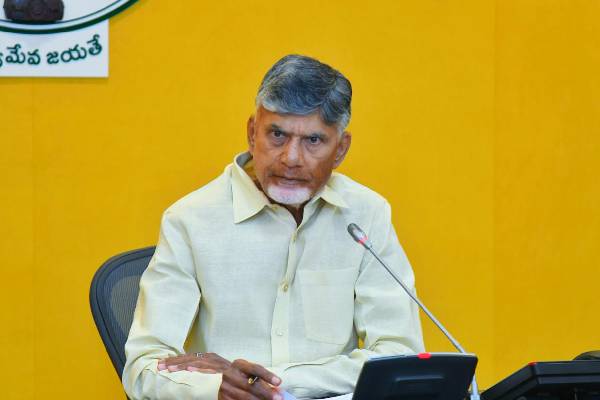On his first day in office, President Donald Trump launched a series of executive orders aimed at reversing key policies of the Biden administration. The orders targeted climate change initiatives, immigration reforms, and federal workforce regulations, signalling a sharp departure from the previous administration’s agenda.
Key Actions
1. Federal Workforce Reforms
Freeze Federal Hiring: A hiring freeze was imposed across federal agencies, with exceptions for military, immigration enforcement, national security, and public safety roles.
Restore Schedule F: A category of federal workers with fewer job protections was reinstated, allowing for easier dismissal of employees.
End Remote Work : Federal employees were ordered to return to office full-time, ending remote work policies.
2. Immigration and Border Policies
End Birthright Citizenship: Trump announced plans to challenge the 14th Amendment’s guarantee of birthright citizenship for children of undocumented immigrants, though this move is expected to face legal challenges.
Suspend Refugee Program: The U.S. Refugee Admissions Program was suspended indefinitely.
Border Wall Funding: Migrant crossings at the U.S.-Mexico border were declared a national emergency, unlocking federal funds for border wall construction without congressional approval.
Remain in Mexico” Policy: Asylum seekers were required to wait in Mexico while their cases were processed.
Cartels as Terrorist Organizations: Mexican cartels were designated as “foreign terrorist organisations.”
3. Climate Policies
Withdraw from Paris Agreement: The U.S. exited the global climate pact aimed at reducing carbon emissions.
National Energy Emergency: A national energy emergency was declared, potentially suspending environmental regulations and expediting mining projects.
Offshore Drilling: Biden’s ban on offshore drilling for 625 million acres of federal waters was reversed.
Roll Back Vehicle Emissions Standards: Regulations encouraging electric vehicle production were repealed.
Alaska Drilling: The Alaska wilderness was opened to oil and gas drilling.
4. Trade and Tariffs
Investigate Trade Practices: Federal agencies were directed to examine trade deficits, unfair currency practices, and cross-border migration.
Assess Trade Deals: Compliance with the U.S.-China trade deal and the United States-Mexico-Canada Agreement (USMCA) was reviewed.
External Revenue Service: The feasibility of creating a new agency to collect tariffs and duties was explored.
5. Social Media and National Security
TikTok Ban Review: Federal agencies were instructed to assess national security risks posed by TikTok and explore alternatives to an outright ban.
6. Diversity, Equity, and Inclusion (DEI) Initiatives
Terminate DEI Programs: DEI initiatives across federal agencies were eliminated.
Legal Challenges and Symbolic Moves
Many of Trump’s executive orders are expected to face legal challenges, particularly those targeting birthright citizenship and environmental regulations. While some actions are largely symbolic, they collectively represent a significant shift in policy direction, aligning with Trump’s campaign promises to dismantle what he termed the “deep state.”
President Trump’s first-day executive orders mark a dramatic reversal of Biden-era policies.



































